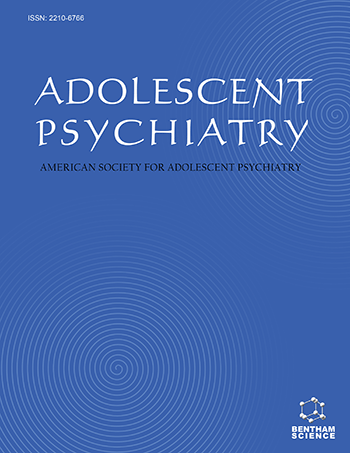Abstract
The juvenile justice system’s original focus on rehabilitation and avoidance of criminalization for youthful offenders has undergone dramatic changes in the U. S. Nowhere is this more dramatically illustrated than in New York, which is one of only two states that sets its age of criminal responsibility as low as sixteen. It is also part of the minority of states that require juveniles as young as 13 who are charged with certain serious crimes to be tried and punished as adults, and imposes mandatory sentences on them, regardless of their individuality, developmental differences, and extent of involvement in the underlying offense. Therapeutic interventions are more limited in the adult court, and the results of this can be seen in higher rates of recidivism. In this article, Judge Corriero argues that the courts should treat children as children. He makes the point that adolescents lack the maturity to make appropriate decisions, especially in groups, and should be treated differently from adults. Using case examples, he points to the damage that has been done by taking discretion out of the hands of judges to identify those individual children who are amenable to rehabilitation and to give them a second chance, even when they have committed violent crimes. Advocacy efforts underway to change the system to a more rational one are described.
Keywords: Juvenile justice, court system, youthful offenders, criminal justice.



























